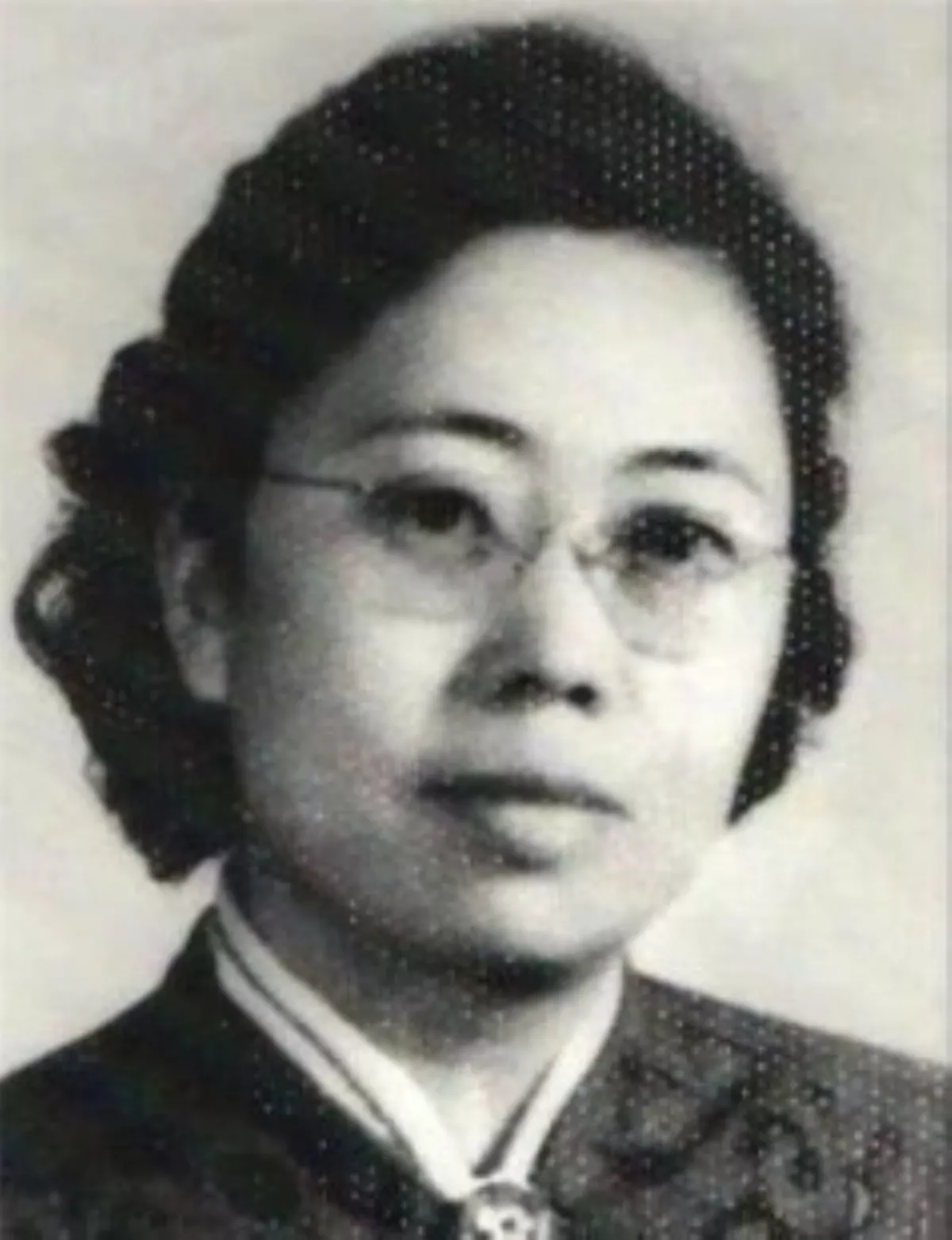 1.
1. Nie Yuanzi was a Chinese academic administrator at Peking University, known for writing a big-character poster criticising the university for being controlled by the bourgeoisie, which is considered to have been the opening shot of the Cultural Revolution.